11 results in Cambridge Oceanic Histories
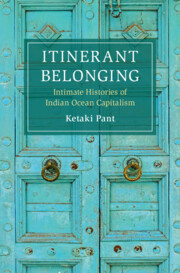
Itinerant Belonging
- Intimate Histories of Indian Ocean Capitalism
- Coming soon
-
- Expected online publication date:
- April 2025
- Print publication:
- 17 April 2025
-
- Book
- Export citation
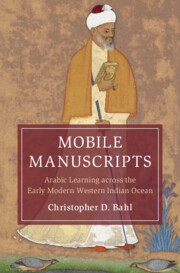
Mobile Manuscripts
- Arabic Learning across the Early Modern Western Indian Ocean
-
- Published online:
- 30 January 2025
- Print publication:
- 06 February 2025
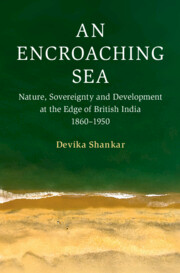
An Encroaching Sea
- Nature, Sovereignty and Development at the Edge of British India 1860–1950
-
- Published online:
- 12 December 2024
- Print publication:
- 19 December 2024
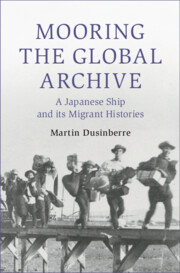
Mooring the Global Archive
- A Japanese Ship and its Migrant Histories
-
- Published online:
- 19 October 2023
- Print publication:
- 05 October 2023
-
- Book
-
- You have access
- Open access
- Export citation
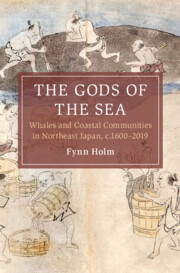
The Gods of the Sea
- Whales and Coastal Communities in Northeast Japan, c.1600-2019
-
- Published online:
- 10 August 2023
- Print publication:
- 24 August 2023
-
- Book
-
- You have access
- Open access
- Export citation
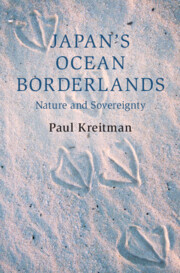
Japan's Ocean Borderlands
- Nature and Sovereignty
-
- Published online:
- 06 July 2023
- Print publication:
- 27 July 2023
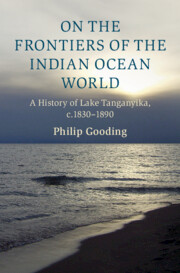
On the Frontiers of the Indian Ocean World
- A History of Lake Tanganyika, c.1830-1890
-
- Published online:
- 21 July 2022
- Print publication:
- 04 August 2022
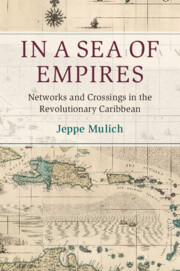
In a Sea of Empires
- Networks and Crossings in the Revolutionary Caribbean
-
- Published online:
- 24 June 2020
- Print publication:
- 09 July 2020
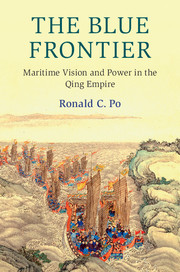
The Blue Frontier
- Maritime Vision and Power in the Qing Empire
-
- Published online:
- 17 August 2018
- Print publication:
- 23 August 2018
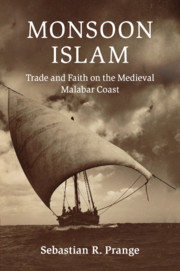
Monsoon Islam
- Trade and Faith on the Medieval Malabar Coast
-
- Published online:
- 28 April 2018
- Print publication:
- 03 May 2018
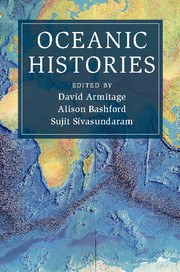
Oceanic Histories
-
- Published online:
- 01 December 2017
- Print publication:
- 07 December 2017

